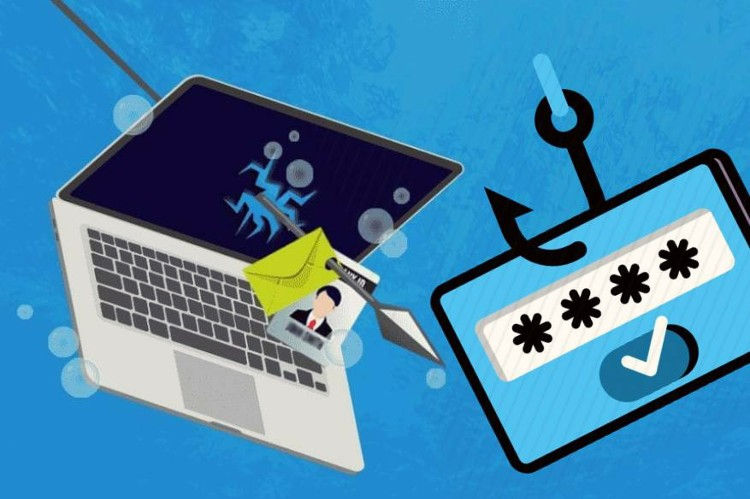Prevent Spear Phishing : The Best Ways To Protect Yourself From Spear Phishing
- phishproductionsub8
- Sep 9, 2022
- 3 min read
Spear phishing attacks are a scary threat that can leave your sensitive information open to bad actors. Learn what you can do to safeguard your business from these attacks.
Cybercriminals have become increasingly attracted to spear phishing, and businesses must take precautions to prevent them or the associated data from being affected. Hackers looking for sensitive personal information often create a message that impersonates a trusted business partner or business to steal that information, which they can use to commit crimes against individuals who relay it to hackers.
Spear phishing attacks are especially dangerous because they attempt to get around traditional email spam security filters. They typically will not include malicious links or attachments, but rather use spoofing tactics and genuine zero-day links that have been combined with social engineering tactics.
Of all the 360,000 spear phishing email attacks discovered over a period of three months, brand impersonation was by far the most frequent technique (83 ). Brand impersonation attacks attempt to impersonate a popular company to steal the target's email and credit card information. Additionally this attack can be used to steal Social Security numbers. Microsoft and Apple are the most popular brands used in these attacks.

The second most common type of phishing attack is BEC (business email compromise). Cybercriminals utilize these attacks to impersonate an executive and request a wire transfer or personally identifiable information from finance employees or others. The far-reaching effects of BEC attacks have added up to more than $12.5 billion in losses over the past three years.
Finally, six percent of all spear phishing attacks are conducted using this method, whereby hackers claim to have malicious information and threaten to release it unless a ransom is paid.
Best practices to avoid spear phishing
Utilizing technology while including human security training on policies allows an organization to avoid spear phishing attacks. Be sure to protect your business from these cybercrimes by obeying the best practices listed here.
1. Take advantage of artificial intelligence (AI)
Find a solution that is able to find and prevent spear phishing attacks, including the kind known as BEC (BEC is short for "business email compromise") and brand impersonations that may not include malicious links or attachments. Machine learning algorithms can help an organization efficiently collect communication data and spot troubling inconsistencies that may be signs of an attack.
2. Don't simply rely on traditional security alone.
Traditional email security products use blacklists to identify and block spear phishing and brand impersonation. This may not defend against new-born URLs available in many attacks.
3. Deploy account takeover prevention.
Find programs that activate AI to identify when accounts may have become vulnerable, to avoid more spear phishing attacks by originating out of such as those accounts.
4. Implement DMARC authentication and reporting so you can protect your domains.
Domain spoofing and brand hijacking can be prevented by DMARC authentication, which protects communications between a domain authority and affiliates.
5. Use multi-factor authentication
An additional layer of security can be gained with multi factor authentication.
6. Train employees to identify as well as report incidents.
Individuals should be educated about spear phishing attacks so that they can identify and report them. Companies can use email phishing simulations, voicemails, and text messages to train their employees to detect these tactics and defend against them. Companies must also have procedures in place to confirm any monetary requests that receive by email.
7. Conduct thorough investigations proactively.
Online intrusions featuring spear phishing are so often distinctive that people often do not recognize or report them. Companies should consider carrying out regular hunts to spot emails containing particular messages known to hackers that may require password changes.
8. Generate maximum data-loss prevention.
Incorporate tech guidelines and company guidelines to make sure you do not email sensitive or confidential information outside the business.

In summary, it seems clear that spear phishing attacks are negatively impacting businesses. Spear phishing is a successful attack because it targets an individual, an individual's email or other digital communication is personalized and crafted with the recipient in mind, and the threat is real and convincing. These characteristics make spear phishing a serious threat, but businesses can be safer by following the eight tips above.

Comments